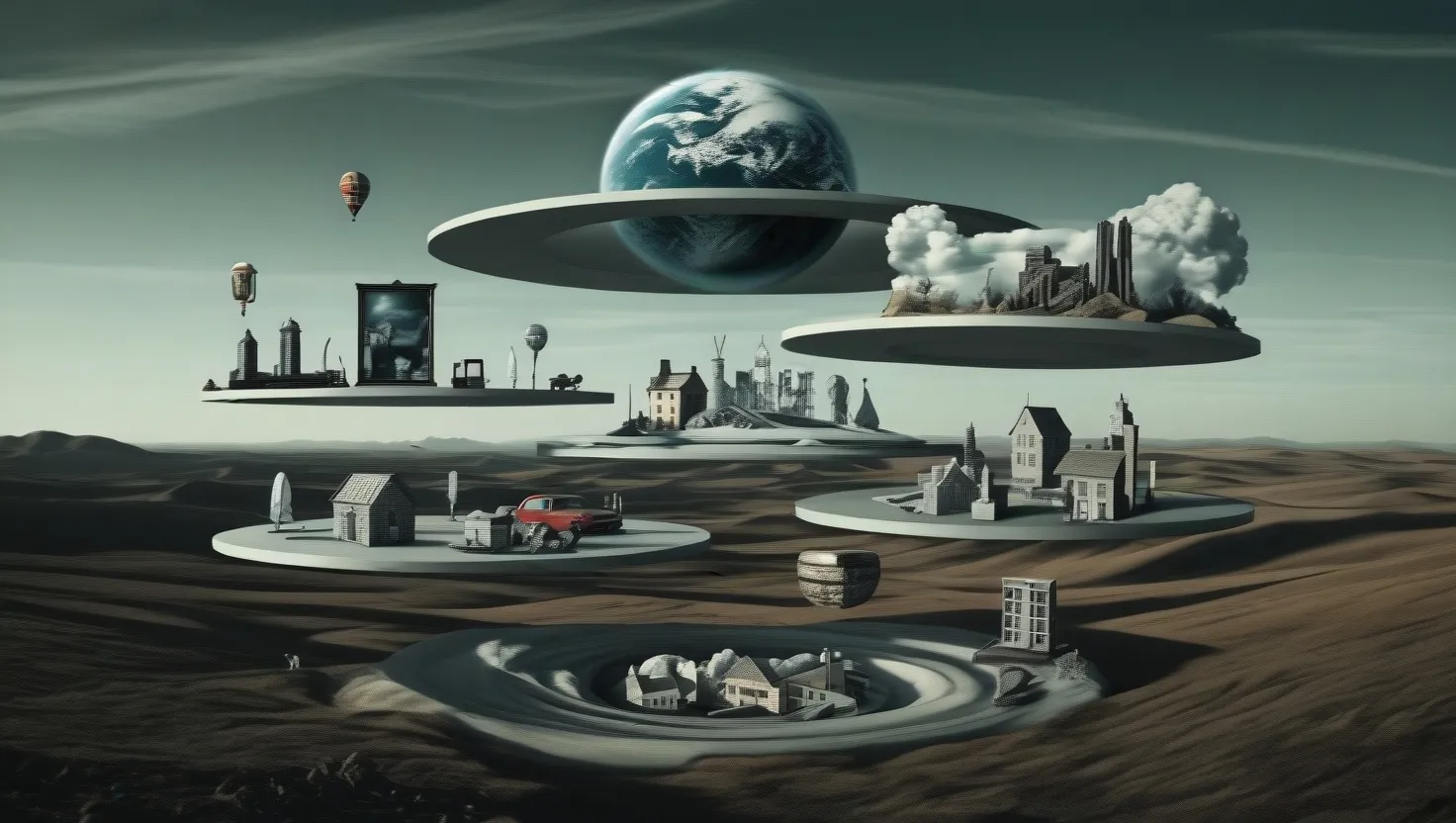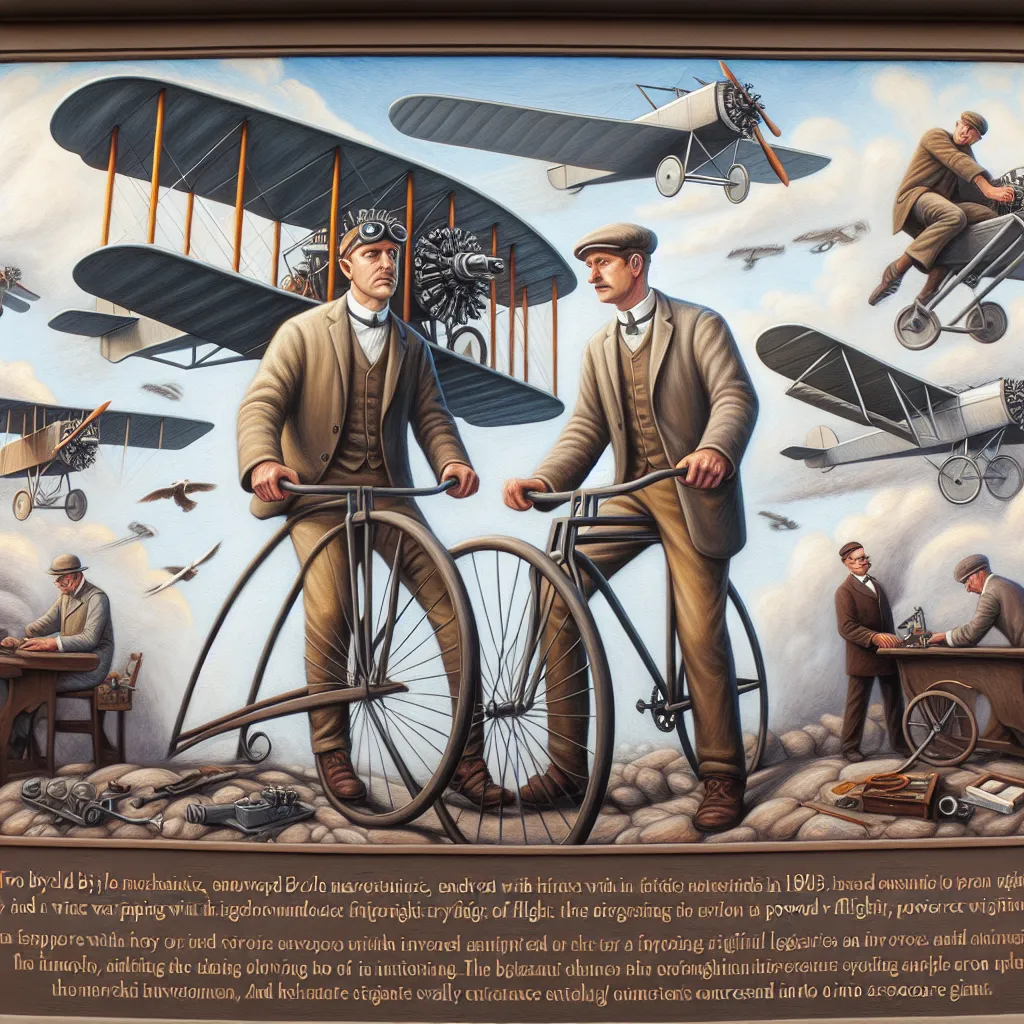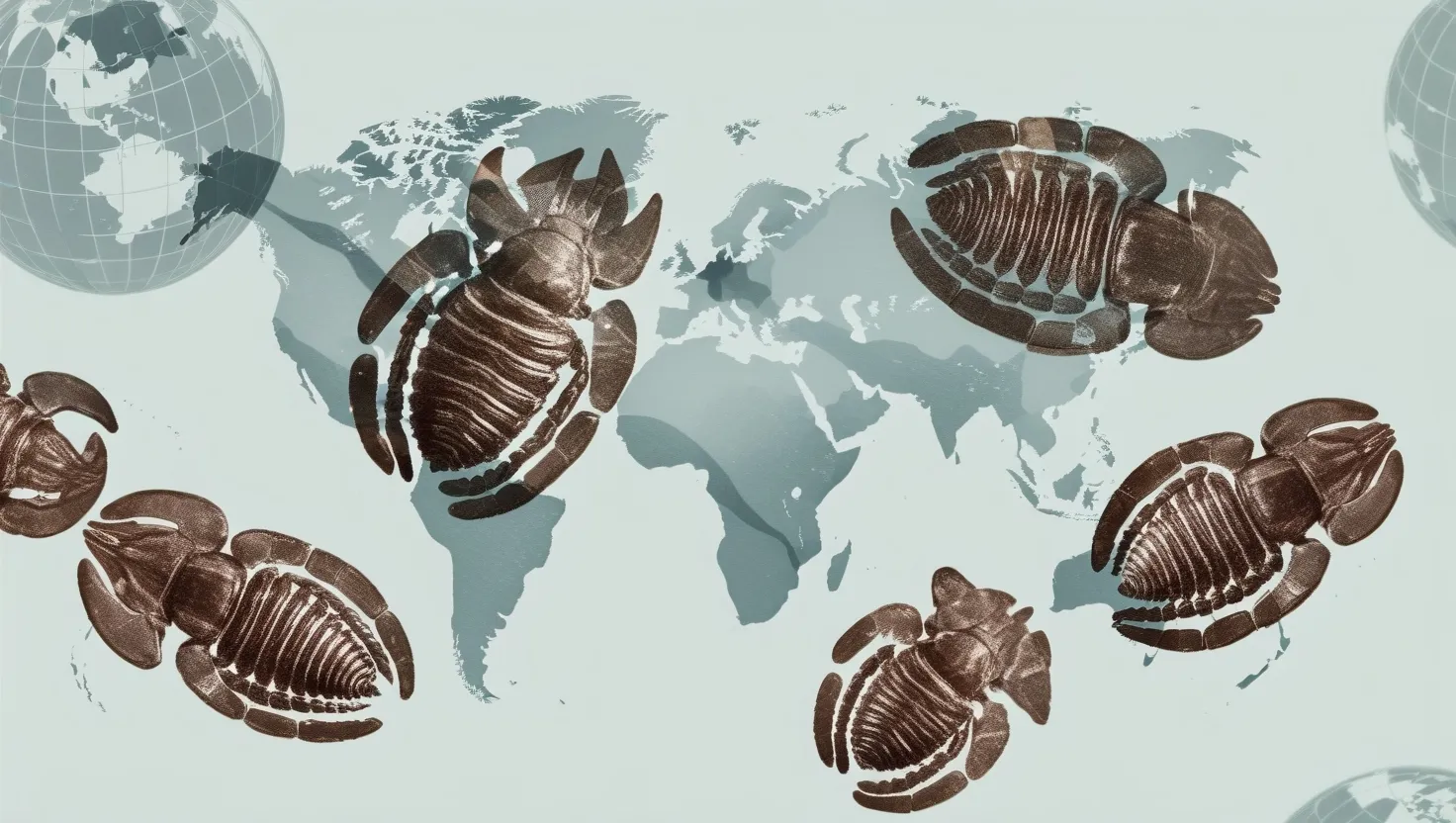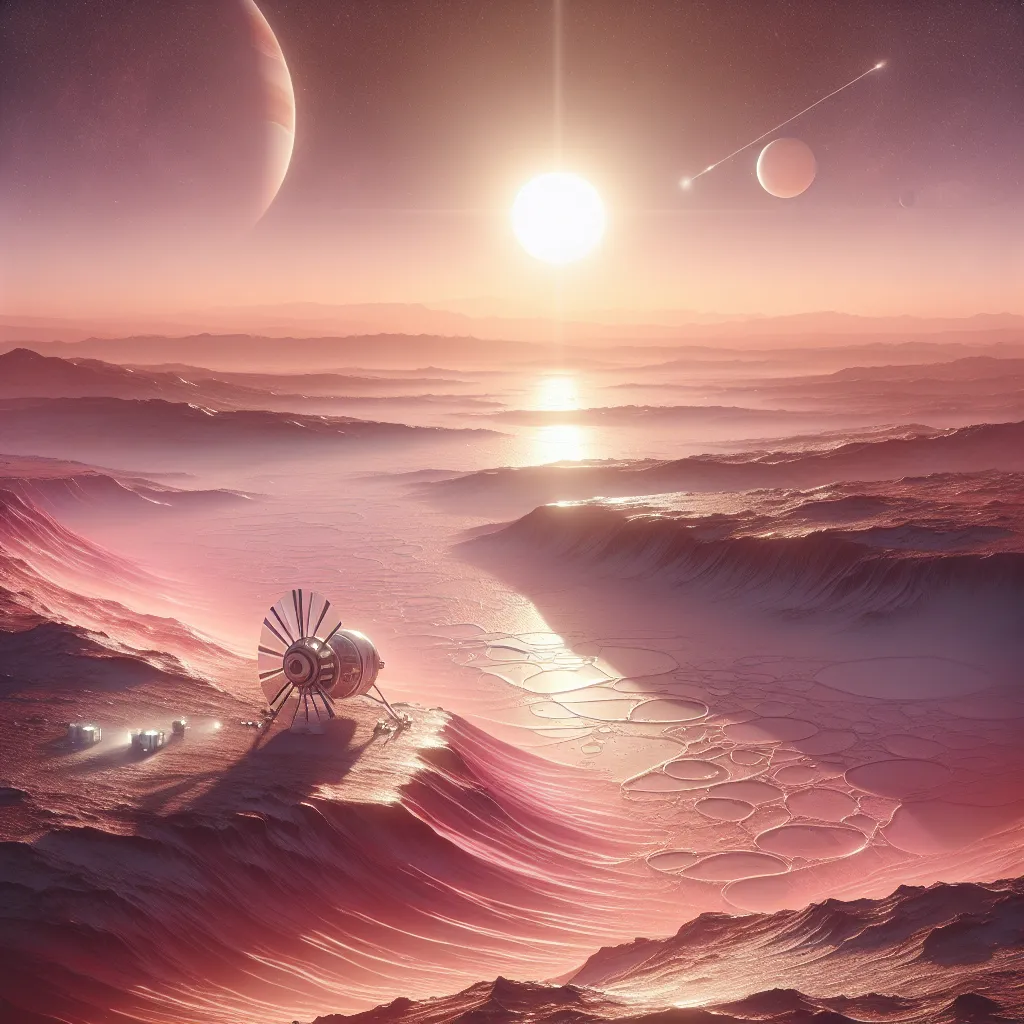Imagine a world where your memories, though vivid and clear, are not quite aligned with the reality you live in. This is the bizarre realm of the Mandela Effect, a phenomenon where large groups of people share false memories of significant events, names, and even everyday objects. It’s a concept that has sparked intense debate and curiosity, raising questions about the nature of reality, memory, and the possibility of parallel universes.
The term “Mandela Effect” was coined by blogger Fiona Broome, who noticed that she, along with many others, remembered Nelson Mandela, the former South African President, dying in prison in the 1980s. However, Mandela actually passed away in 2013, after serving as President. This discrepancy is just the tip of the iceberg. There are numerous other examples that have surfaced over the years.
For instance, many people recall the children’s book series being called “The Berenstein Bears” instead of the actual “Berenstain Bears.” Others remember the Monopoly Man, Rich Uncle Pennybags, wearing a monocle, which he never has. Even iconic movie lines are misremembered; thousands of people are convinced that Darth Vader said “Luke, I am your father” in “The Empire Strikes Back,” when in fact, he simply said “No, I am your father.”
These collective misremembrances have led some to propose that they might be more than just quirks of human memory. One intriguing theory is that these false memories could be evidence of parallel universes colliding with our own. The idea is that quantum fluctuations might cause subtle shifts between realities, leaving us with memories that don’t match our current timeline.
Quantum theory, which describes the behavior of particles at the atomic and subatomic level, suggests that multiple parallel universes could exist. These universes, part of what is known as the multiverse, might have different versions of history and reality. According to some scientists, interactions with these parallel universes could be influencing our memories.
For example, consider the role of quantum computers. These machines, like those developed by D-Wave Systems, exploit quantum effects to perform certain tasks exponentially faster than classical computers. Some speculate that the intense computational force of these machines could have a profound effect on particles and events across the universe, potentially creating ripples that manifest as Mandela Effects.
CERN, the European Organization for Nuclear Research, has also been drawn into the conversation. Conspiracy theories suggest that experiments at CERN, particularly those involving the Large Hadron Collider, could be causing rifts in the fabric of reality, allowing glimpses into parallel universes. While these theories are highly speculative, they add to the mystique and intrigue surrounding the Mandela Effect.
But what if these memories are not just random glitches? What if they are actually chronicling a cosmic dance of realities? The idea that our memories could be secretly recording the ebb and flow of the multiverse is both fascinating and unsettling. It challenges our understanding of reality and forces us to question the stability of our world.
Psychologists, however, offer a more grounded explanation. According to Dr. Gene A. Brewer, an Associate Professor at Arizona State University’s Department of Psychology, false memories are a common occurrence due to the way our brains process and reassemble information. This process, known as recombination, involves the brain taking fragments from the past and trying to make sense of them, often resulting in inaccuracies.
Collective remembering is another factor. When we communicate with others, we can share and reinforce false memories, creating a cultural false memory that many people hold. For instance, if several people remember the Monopoly Man wearing a monocle, it’s likely because they’ve seen similar images or heard others describe it that way, even if it’s not accurate.
Despite these explanations, many people remain convinced that the Mandela Effect is evidence of something more profound. They believe that these false memories are not just mistakes but actual recollections from parallel universes. This idea is supported by the sheer number of people who share the same false memories, often across different socioeconomic backgrounds and geographical locations.
The possibility that we might be experiencing memories from other realities raises intriguing questions about the nature of time and space. Could understanding the Mandela Effect allow us to tap into alternate versions of history or even predict future mergers between parallel worlds? While this is highly speculative, it opens up a fascinating area of exploration.
Imagine being able to glimpse events from a reality where history unfolded differently. It’s a concept that blurs the lines between science fiction and reality. If we are indeed witnessing the ebb and flow of the multiverse, it would mean that our memories are not just personal recollections but also cosmic records of alternate realities.
In conclusion, the Mandela Effect is a phenomenon that challenges our understanding of memory, reality, and the multiverse. Whether it is explained by quantum fluctuations, psychological processes, or something entirely different, it remains a captivating mystery that continues to intrigue scientists, theorists, and the general public alike. As we delve deeper into this enigmatic world, we may uncover secrets that redefine our perception of the cosmos and our place within it.
So, the next time you find yourself questioning a memory that seems too vivid to be false, consider the possibility that you might be experiencing a glimpse of a parallel universe. It’s a thought that can leave you both amazed and bewildered, but it’s also a reminder of how much we still have to learn about the complexities of our reality and the mysteries that lie beyond.






